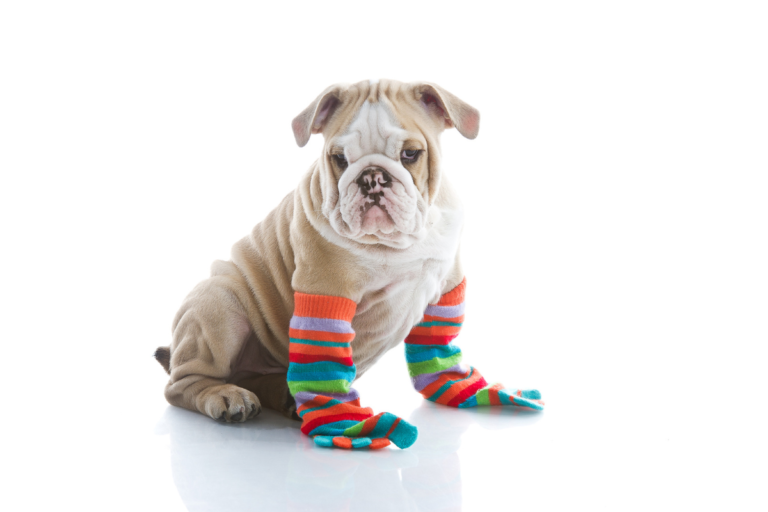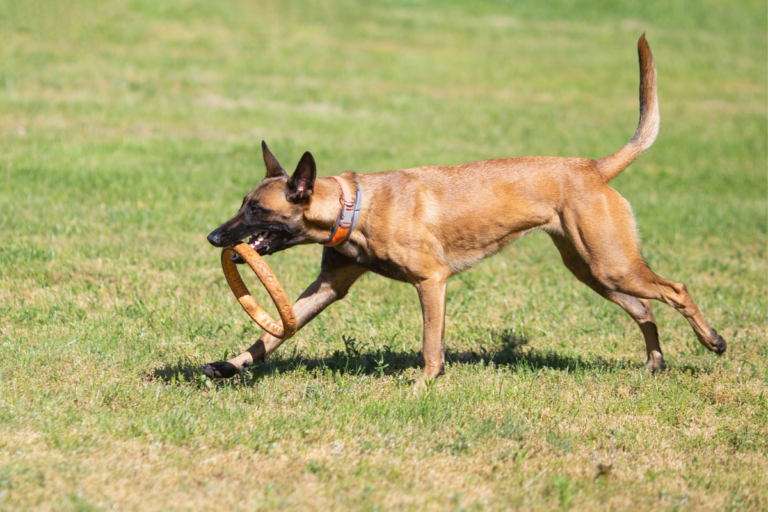Are Onions Bad For My Dog?
This post may contain affiliate links, meaning if you decide to make a purchase via my links, I may earn a small commission at no additional cost to you. You can read our full affiliate disclosure by clicking here.
Can Dogs Eat Onions?
Onions are a common ingredient in many human meals, but can dogs eat onions? Unfortunately, the answer is no. Onions are toxic to dogs and can cause serious health problems if ingested.
Onions contain a compound called N-propyl disulfide that can cause damage to a dog’s red blood cells. This damage can lead to a condition called hemolytic anemia, which can be life-threatening. Symptoms of hemolytic anemia include weakness, lethargy, pale gums, and dark urine.
It’s important to note that all forms of onions, including raw, cooked, and powdered, are toxic to dogs. This means that even a small amount of onion can be dangerous for your furry friend.
If you suspect that your dog has ingested onions, it’s important to seek veterinary care immediately. Your vet may recommend inducing vomiting or administering activated charcoal to help prevent absorption of the toxic compounds.
Understanding Onion Toxicity in Dogs
What Makes Onions Toxic?
Onions contain a compound called N-propyl disulfide, which can cause damage to a dog’s red blood cells. This compound can lead to a condition called hemolytic anemia, where the dog’s body destroys its own red blood cells faster than it can produce new ones. This can lead to a lack of oxygen in the body, which can cause serious health problems.
The level of toxicity in onions varies depending on the type, the preparation method, and the amount consumed. Raw onions are more toxic than cooked onions, and larger amounts of onions are more toxic than smaller amounts.
Symptoms of Onion Poisoning
Symptoms of onion poisoning can vary depending on the severity of the condition. In mild cases, dogs may experience vomiting, diarrhea, and loss of appetite. In more severe cases, dogs may experience lethargy, difficulty breathing, pale gums, and even collapse.
If a dog has consumed onions, it is important to monitor them closely for any signs of onion poisoning. If you suspect that your dog has consumed onions and is experiencing any of the symptoms mentioned above, it is important to seek veterinary care immediately.
The Dangers of Onion Consumption for Dogs
Onions are a common ingredient in many human foods, but they can be toxic to dogs. Ingestion of onions can cause a range of health problems in dogs, from mild to severe. It is important for dog owners to be aware of the dangers of onion consumption and to take steps to prevent their dogs from eating onions.
Short Term Effects
The short-term effects of onion consumption in dogs can include vomiting, diarrhea, abdominal pain, and loss of appetite. These symptoms may appear within a few hours of ingestion and can last for several days. In severe cases, dogs may experience lethargy, rapid breathing, and collapse.
Long Term Effects
Long-term effects of onion consumption in dogs can be more serious. Onions contain compounds that can damage a dog’s red blood cells, leading to a condition called hemolytic anemia. Symptoms of hemolytic anemia include weakness, pale gums, and dark urine. In severe cases, dogs may require blood transfusions to survive.
It is important to note that the severity of the symptoms depends on the amount of onion ingested and the size of the dog. Smaller dogs are more susceptible to the toxic effects of onions than larger dogs.
Treatment for Onion Poisoning in Dogs
Initial Treatment
If a dog is showing signs of onion poisoning, immediate treatment is necessary. The first step is to induce vomiting to remove as much of the onion from the dog’s system as possible. This can be done by administering hydrogen peroxide or through other methods recommended by a veterinarian.
Once the dog has vomited, activated charcoal can be given to help absorb any remaining toxins in the dog’s system. The dog may also need to be given fluids to help flush out the toxins.
Long Term Care
After the initial treatment, it is important to monitor the dog closely for any signs of further complications. Depending on the severity of the poisoning, the dog may need to be hospitalized for a period of time.
In addition to monitoring the dog’s condition, it is also important to adjust their diet to avoid any further exposure to onions or other toxic foods. A veterinarian may recommend a specific diet or supplements to help support the dog’s recovery.
Regular check-ups with a veterinarian are also important to ensure that the dog is recovering properly and to catch any potential complications early on.
Overall, onion poisoning can be a serious condition for dogs, but with prompt and proper treatment, most dogs are able to make a full recovery.







